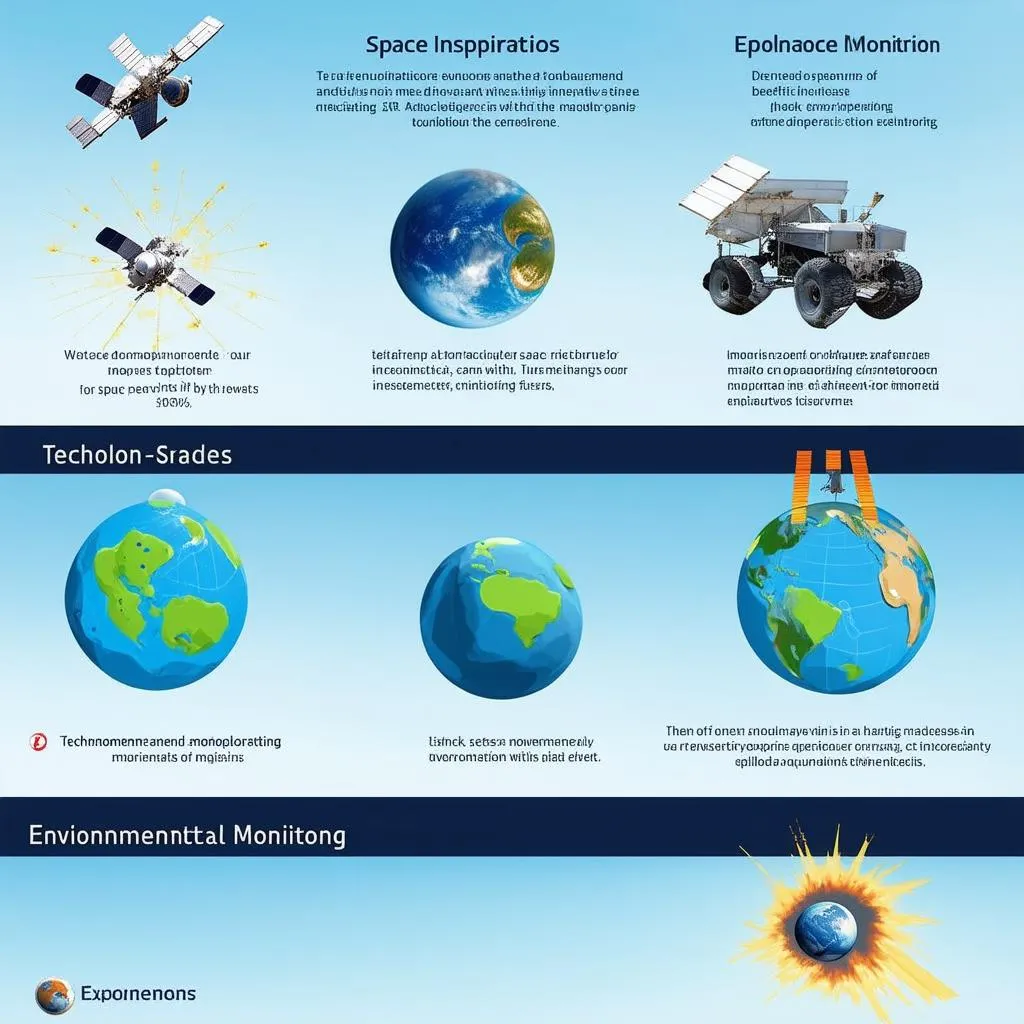Have you ever gazed up at the night sky, stars twinkling like celestial fireflies, and felt a pull towards the unknown? The allure of space travel, of pushing beyond our earthly cradle and venturing into the cosmic expanse, is a dream woven into the fabric of humanity. But is space travel worth the astronomical cost? Let’s embark on a journey to explore the multifaceted dimensions of this question.
The Price Tag of Reaching for the Stars
Space travel is notoriously expensive. Launching even a single kilogram into orbit can cost tens of thousands of dollars. For context, a trip to the International Space Station with a private company like SpaceX or Virgin Galactic could set you back millions. These costs are primarily driven by the immense technological challenges involved:
- Developing Powerful Rockets: Propulsion systems capable of breaking free from Earth’s gravity require cutting-edge engineering and materials.
- Life Support Systems: Keeping humans alive and comfortable in the harsh environment of space necessitates sophisticated life support and radiation shielding.
- Research and Development: Constant innovation and testing are crucial for advancing space technology, further adding to the overall cost.
Is it Just About the Money?
While the financial burden is undeniable, the value of space exploration extends far beyond a simple cost-benefit analysis.
The Invaluable Returns of Space Exploration
1. Scientific Discovery and Innovation:
Space exploration has been the driving force behind countless technological advancements that benefit our everyday lives. From satellite communication that connects us globally to medical imaging techniques and even memory foam mattresses, the quest to understand the universe has yielded tangible returns on Earth.
For instance, NASA’s research into developing efficient solar panels for spacecraft has paved the way for more powerful and affordable solar energy solutions here on Earth.
2. Environmental Monitoring and Protection:
Satellites orbiting our planet provide invaluable data on climate change, deforestation, and natural disasters. This information is crucial for scientists and policymakers to make informed decisions about protecting our planet.
Imagine monitoring the Amazon rainforest’s health from space, tracking deforestation in real-time, or predicting and preparing for hurricanes with greater accuracy – these are just a few examples of how space technology aids environmental protection.
3. Inspiring Future Generations:
Perhaps one of the most profound impacts of space travel is its power to inspire. When we witness humanity pushing the boundaries of what’s possible, it ignites a spark of curiosity and ambition in us all, especially in younger generations.
Think of Neil Armstrong’s first steps on the moon – an event that captivated the world and inspired countless young minds to pursue careers in STEM fields. This ripple effect of inspiration is invaluable for the future of science and technology.
 Space Exploration Benefits
Space Exploration Benefits
Planning Your Own Cosmic Adventure (Well, Almost)
While space tourism is still in its infancy and a luxury for the ultra-wealthy, there are ways you can experience the wonders of space without leaving Earth:
- Visit Space Centers: Embark on a simulated space mission, explore interactive exhibits, and learn about the history of space travel at renowned space centers like NASA’s Kennedy Space Center in Florida or the Cosmodome in Canada.
- Stargazing Trips: Escape the city lights and immerse yourself in the breathtaking beauty of a star-filled sky. Many national parks and observatories offer guided stargazing tours and educational programs.
FAQs About Space Travel
Is it safe to travel to space?
Space travel is inherently risky, but space agencies and private companies prioritize safety through rigorous training, stringent safety protocols, and constant technological advancements.
How long does it take to travel to space?
The duration of a space journey varies depending on the destination. Reaching the International Space Station, for instance, typically takes about six hours.
What are the long-term effects of space travel on the human body?
Prolonged exposure to microgravity can lead to bone density loss, muscle atrophy, and other physiological changes. Research is ongoing to mitigate these effects and ensure the health of astronauts on long-duration missions.
Travelcar.edu.vn: Your Gateway to Earthly Adventures
While space travel may remain a distant dream for most of us, there’s a whole world of wonders to explore right here on Earth. At Travelcar.edu.vn, we’re passionate about helping you discover incredible destinations and create unforgettable travel experiences.
Whether you’re yearning for the cultural richness of Hanoi, the ancient charm of Hoi An, or the breathtaking natural beauty of Ha Long Bay, we’ve got you covered. Start planning your next adventure with us today!
 Earth Travel Destinations
Earth Travel Destinations
The Verdict: Is It Worth It?
The question of whether space travel is worth the cost is complex and multifaceted. While the financial investment is substantial, the scientific, technological, and inspirational returns are immeasurable. Ultimately, the value lies in how we choose to prioritize space exploration alongside other pressing global challenges.
What do you think? Is the pursuit of the cosmos a worthwhile endeavor? Share your thoughts in the comments below.
Don’t forget to explore our other insightful articles on Travelcar.edu.vn for more travel inspiration and tips!